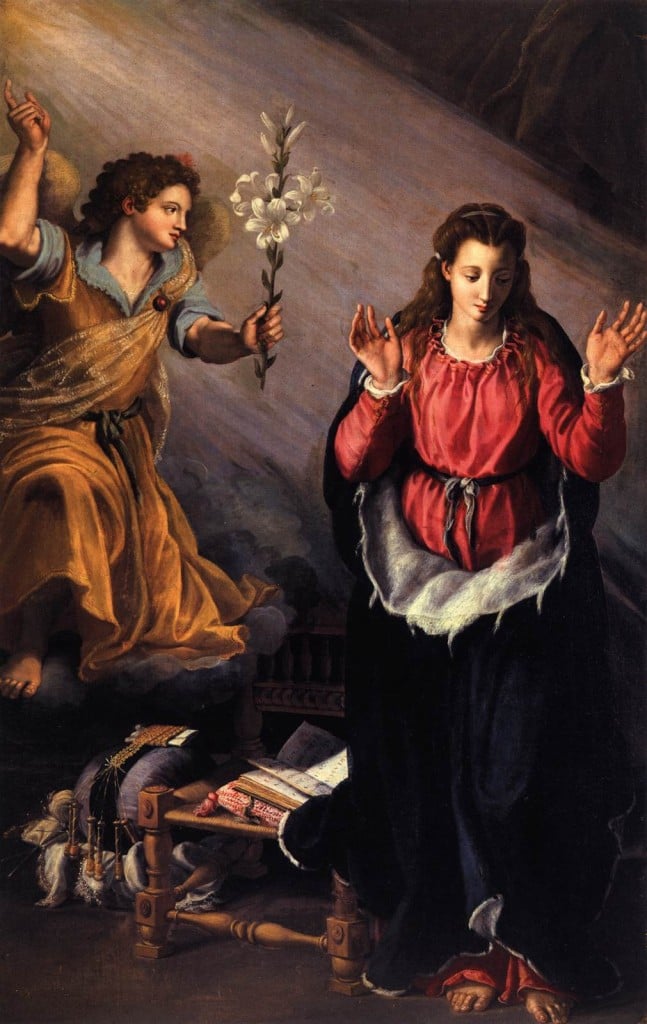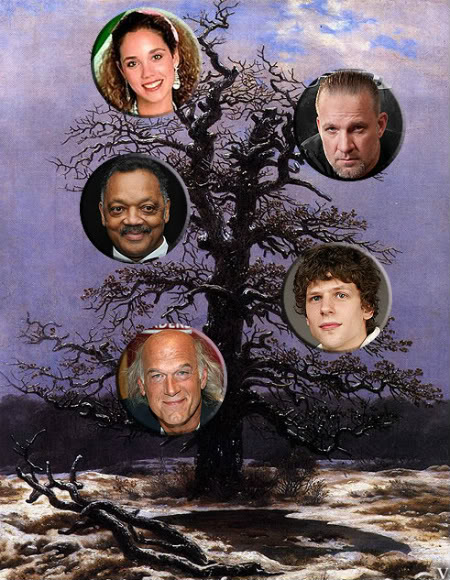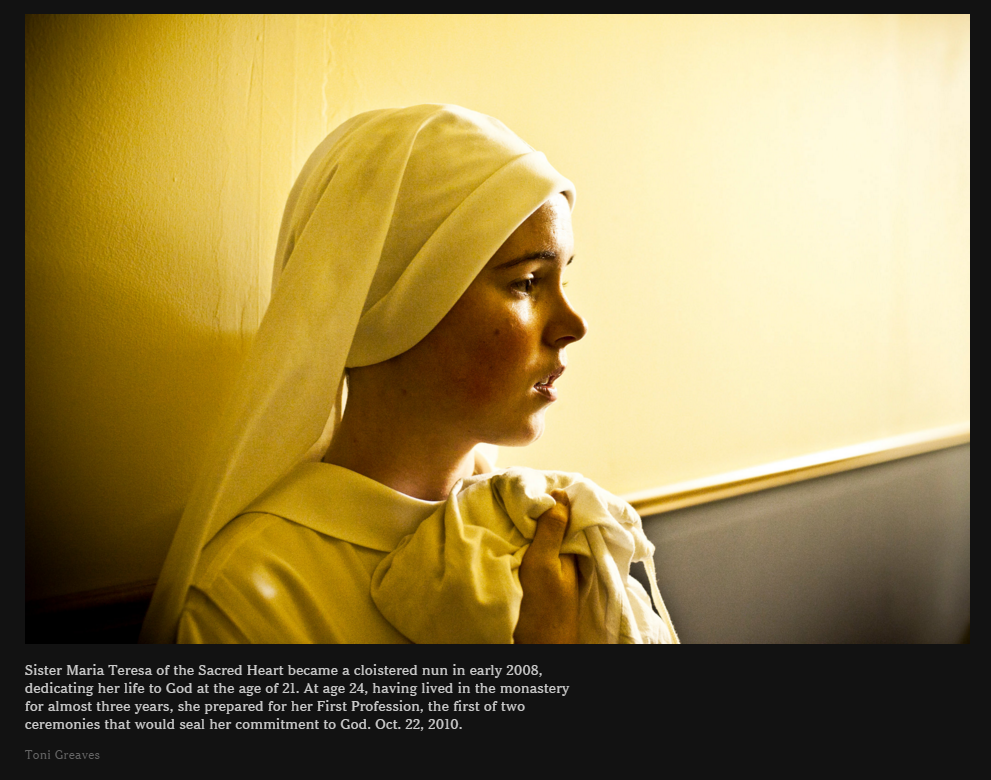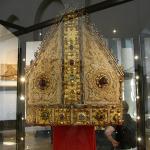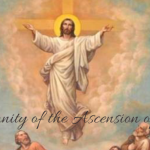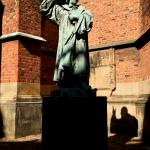![]()
Petro Cavalini, Santa Maria in Trastevere, c 1291
contributed by Sid C.
O how does the source of life pass through death to life? O how can she obey the law of nature, who, in conceiving, surpasses the boundaries of nature? How is her spotless body made subject to death? In order to be clothed with immortality she must first put off mortality, since the Lord of nature did not reject the penalty of death. She dies according to the flesh, destroys death by death, and through corruption gains incorruption (fqora [164] thn afqarsin carizetai), and makes her death the source of resurrection. O how does Almighty God receive with His own hands the holy disembodied soul of our Lord’s Mother! He honours her truly, whom being His servant by nature, He made His Mother, in His inscrutable abyss of mercy, when He became incarnate in very truth. We may well believe that the angelic choirs waited to receive thy departing soul. O what a blessed departure this going to God of thine. If God vouchsafes it to all His servants–and we know that He does–what an immense difference there is between His servants and His Mother. What, then, shall we call this mystery of thine? Death? Thy blessed soul is naturally parted from thy blissful and undefiled body, and the body is delivered to the grave, yet it does not endure in death, nor is it the prey of corruption. The body of her, whose virginity remained unspotted in child-birth, was preserved in its incorruption, and was taken to a better, diviner place, where death is not, but eternal life. Just as the glorious sun may be hidden momentarily by the opaque moon, it shows still though covered, and its rays illumine the darkness [165] since light belongs to its essence. It has in itself a perpetual source of light, or rather it is the source of light as God created it. So art thou the perennial source of true light, the treasury of life itself, the richness of grace, the cause and medium of all our goods. And if for a time thou art hidden by the death of the body, without speaking, thou art our light, life-giving ambrosia, true happiness, a sea of grace, a fountain of healing and of perpetual blessing. Thou art as a fruitful tree in the forest, and thy fruit is sweet in the mouth of the faithful. Therefore I will not call thy sacred transformation death, but rest or going home, and it is more truly a going home. Putting off corporeal things, thou dwellest in a happier state.
sermon excerpt by St. John of Damascus [source]







